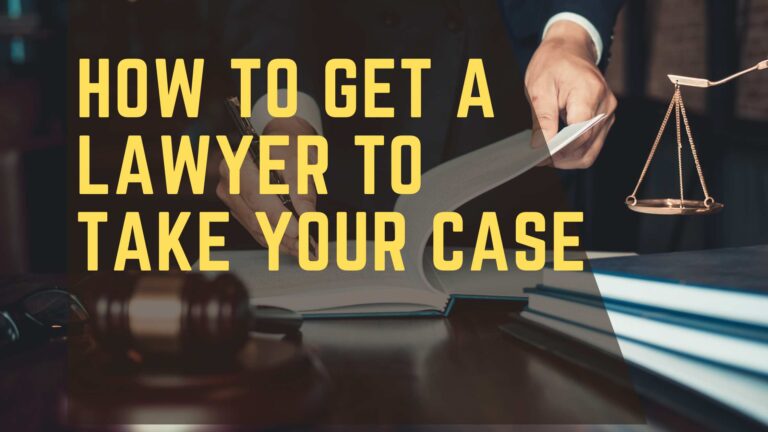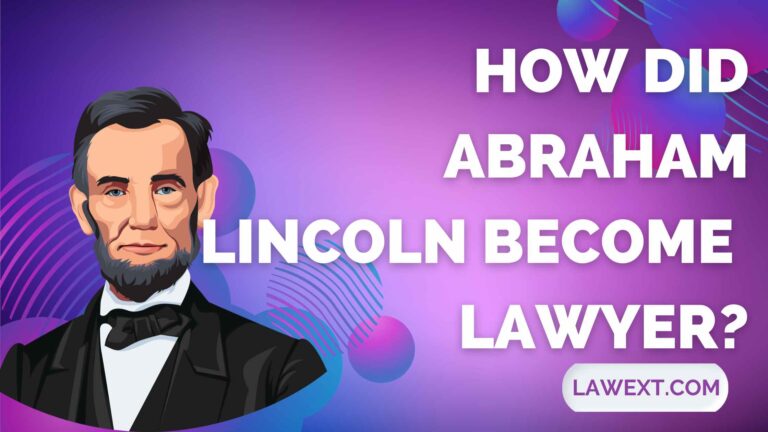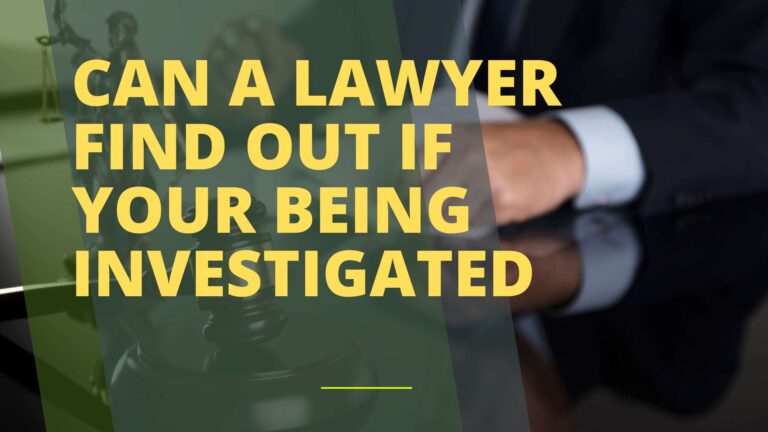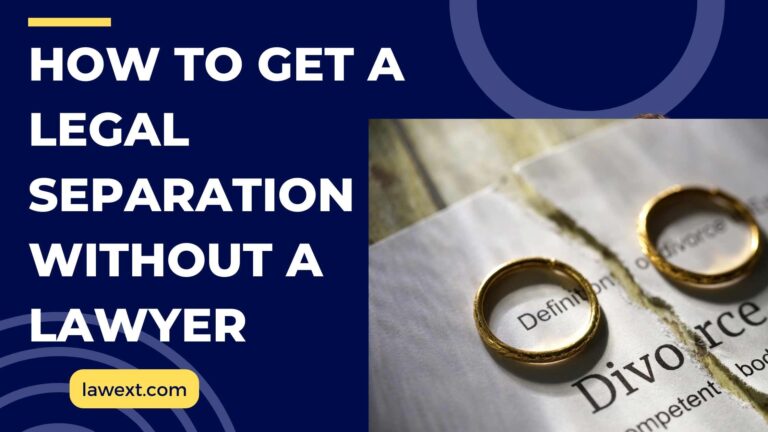Can a Lawyer Lie in Court?
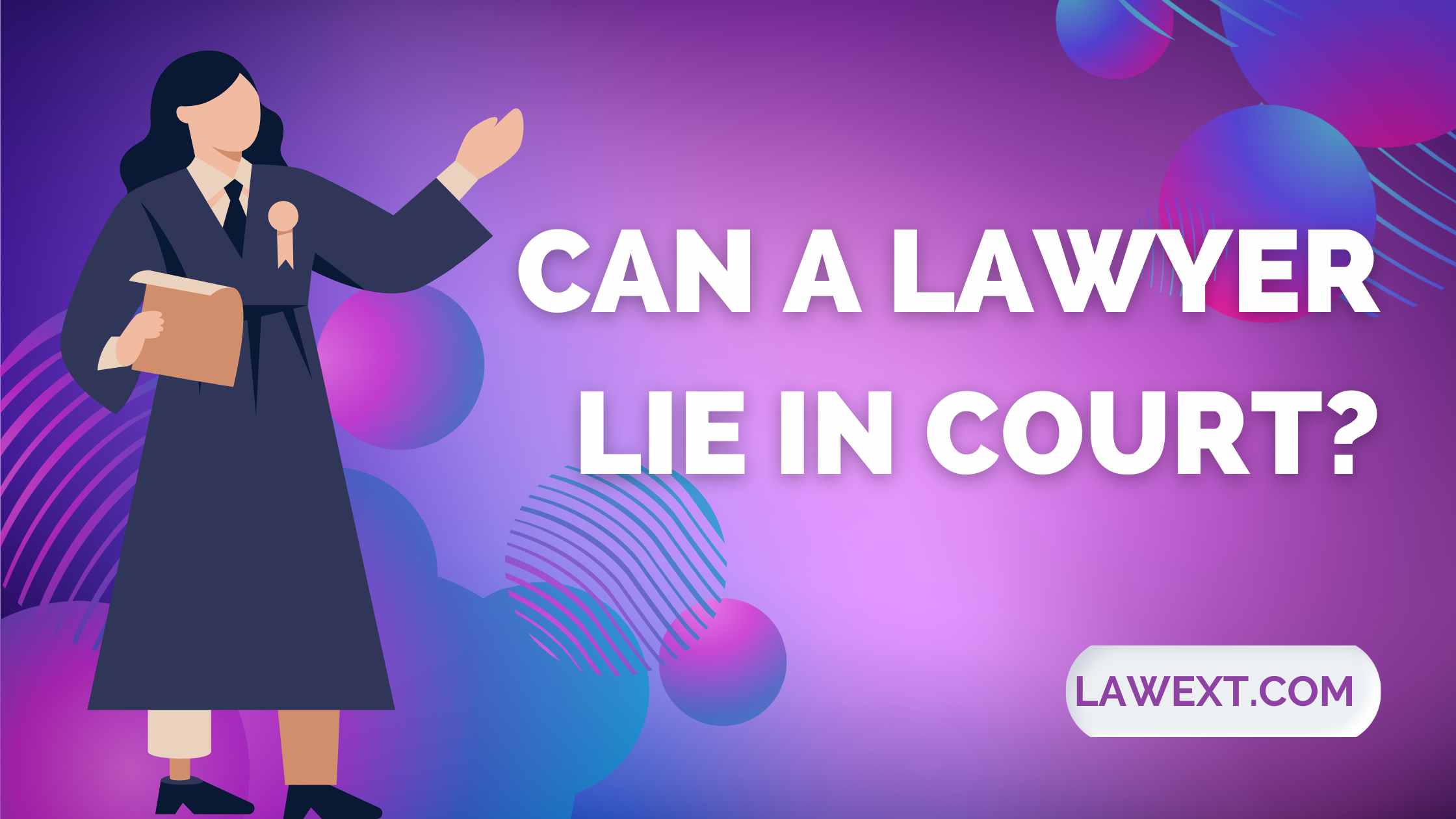
No, a lawyer cannot legally lie in court. Lawyers must adhere to strict ethical standards, which prohibit dishonesty.
Table of Contents
Can a Lawyer Lie in Court? Navigating legal complexities requires adherence to ethical principles, particularly the prohibition of lying in court. Lawyers serve as officers of the court; thus, they hold a responsibility to present information truthfully and accurately. Deceptive practices not only jeopardize a lawyer’s credibility but also contravene legal ethics and can lead to severe professional consequences, including disbarment.
Upholding the integrity of the judicial system, lawyers operate within the bounds of the law, where presenting false information is considered perjury and is punishable by law. Understanding this fundamental aspect underscores the pivotal role that truthfulness plays in maintaining justice and fairness in the legal process. Such a commitment to honesty is essential for the administration of effective and ethical legal advocacy.
The Legal Boundaries Of Advocacy
Within the courtroom, a lawyer walks a fine line. They must marshal all their skills to defend their client, yet remain firmly within the law. This delicate dance is dictated by strict rules and ethical considerations. Let’s delve into what keeps a lawyer’s advocacy in balance.
Ethical Constraints For Attorneys
Lawyers must adhere to a strict code. This code is a beacon guiding their practice. Certain truths stand firm:
- No deception. Lawyers cannot lie.
- Complete honesty with the court is paramount.
- Protecting client confidentiality, within legal limits.
If a lawyer breaks these rules, they face severe consequences. These could range from losing their license to legal penalties.
Difference Between False Statements And Zealous Advocacy
The realm of advocacy is complex, but truth is clear.
| False Statements | Zealous Advocacy |
|---|---|
| Misleading the court intentionally. | Fiercely fighting within ethical bounds. |
| Creating evidence that does not exist. | Using real evidence to build a strong case. |
| Knowingly presenting a perjured testimony. | Challenging questionable evidence properly. |
It’s about representation without misrepresentation. Lawyers’ passion must never trample truth. This balance is the core of justice.

Credit: crosscriminallaw.com
Truth Vs. Strategy In The Courtroom
When you think of a courtroom, truth and justice might come to mind first. But strategy plays a big part too. Lawyers can’t lie. Rules are strict on that. But they can use smart tactics to win a case. Let’s peek into the world of legal strategies and see how they work without crossing ethical lines.
Tactics To Influence Without Lying
Tactic and truth can coexist in court. Lawyers have many tools to persuade without lying:
- Questioning: Asking the right questions can highlight facts. It guides the jury’s thoughts.
- Evidence presentation: Showing evidence at key moments can sway opinions. It’s about timing.
- Objections: Stopping misleading statements protects the truth. It keeps the trial fair.
- The art of storytelling: Crafting a narrative can connect dots. It helps the jury understand.
- Legal precedents: Referencing past cases can provide a roadmap. It strengthens arguments.
Case Studies Of Strategic Maneuvering
Let’s dive into real-life examples where strategy made all the difference:
| Case Name | Description | Strategic Move |
|---|---|---|
| Casey vs. State | Defendant accused of theft. | Lawyer focused on lack of eyewitnesses. Shifted doubt to proof. |
| Smith vs. Jones Corp. | Patient sued for malpractice. | Attorney used expert testimonies. It built credibility. |
| People vs. Kendricks | Alleged white-collar crime. | Defense delayed trials strategically. It gained time to gather evidence. |
Consequences Of Deceptive Practices
When a lawyer intentionally misleads a court, they risk their career and the trust integral to the legal system. The consequences of such actions are severe and far-reaching. They can tarnish the reputation of individual practitioners and the broader legal community. Let’s delve into these consequences.
Disciplinary Actions Against Lawyers
Licensing bodies take dishonest behavior seriously, and consequences can range from penalties to disbarment. Lawyers may face fines or be required to attend ethical training sessions. Disciplinary committees can also impose suspensions, preventing lawyers from practicing for a set period. In extreme cases, disbarment can end a lawyer’s career permanently. The severity of the punishment often reflects the nature and gravity of the deception.
- Monetary fines to penalize and deter misconduct
- Ethics courses mandate in hopes of rehabilitation
- Suspension from the bar, temporarily halting practice
- Disbarment, resulting in a permanent ban from practicing law
Repercussions For The Legal Profession
The ripple effect of deceptive practices extends far beyond the individual. It can lead to a loss of public trust which is crucial for the justice system. Public perception of the profession can decline, making it challenging for other lawyers to build relationships with clients or the community. Misconduct can also result in additional legal costs, strained court resources, and unjust outcomes that impact the notion of fair legal proceedings.
- Diminished trust in legal institutions
- Harmed reputation among the public and peers
- Strained client relationships, shaking confidence in counsel
- Increased legal costs and resource allocation to correct issues
- Unfair trial outcomes, impacting justice and case integrity

Role Of The Court In Upholding Honesty
The court plays a pivotal role in maintaining the integrity of the legal system. It’s where justice gets served, and honesty is the cornerstone. Judges and the court ensure that everyone, including lawyers, sticks to the truth. They create an environment where deceit has no place.
Judicial Checks On Attorney Conduct
The judicial system has mechanisms to keep lawyer conduct in check.
Judges actively monitor the proceedings to quickly spot any dishonest behavior.
They can impose sanctions or penalties on attorneys who step out of line.
- Review of pleadings for accuracy
- Disciplinary committees for ethical violations
- Oaths as a moral compass for attorney truthfulness
The Duty Of The Court To Ensure Fairness
A fair trial hinges on truth and openness.
The court’s duty is to level the playing field for both sides.
- Ensuring all evidence presented is authentic
- Maintaining equal opportunities to argue
- Mitigating attempts to mislead or deceive
Such diligence by the court goes a long way in safeguarding justice and fairness.
Protecting The Integrity Of The Legal System
Protecting the Integrity of the Legal System stands as a foundational pillar in ensuring justice prevails. The beam that balances this scale rests on the truth. Can a lawyer lie in court? The short answer is no. Lawyers must adhere to strict ethical codes. These codes fortify the legal system against corruption and deception. In this critical examination, we discuss how transparency and trust, along with rigorous ethical education for lawyers, uphold the legal system’s sanctity.
Promoting Transparency And Trust
Transparency is the lifeblood of trust in the legal arena. Lawyers play vital roles in maintaining this transparency. They wield the power to sway opinions and dictate outcomes. Their words must align with the truth. Judges and juries depend on honest evidence to make fair decisions. Lies can shatter the trust that justice seeks to build. A system shrouded in lies cannot stand firm for long.
- Trust underpins justice; without it, the edifice crumbles.
- Lawyers must provide accurate information; it is their ethical duty.
- Honest advocacy ensures that legal battles are fought on a level playing field.
Educating Lawyers On Ethical Responsibilities
Education shapes a lawyer’s understanding of their ethical responsibilities. Knowledge of these responsibilities safeguards the legal process. Continuous education is crucial. It keeps lawyers abreast of ethical norms. Law schools lay the foundation. Bar associations build upon it. These efforts guide lawyers in upholding the highest standards.
- Law schools must instill strong ethical principles.
- Continued legal education reinforces ethical practices.
- Bar associations serve as watchdogs, enforcing compliance.
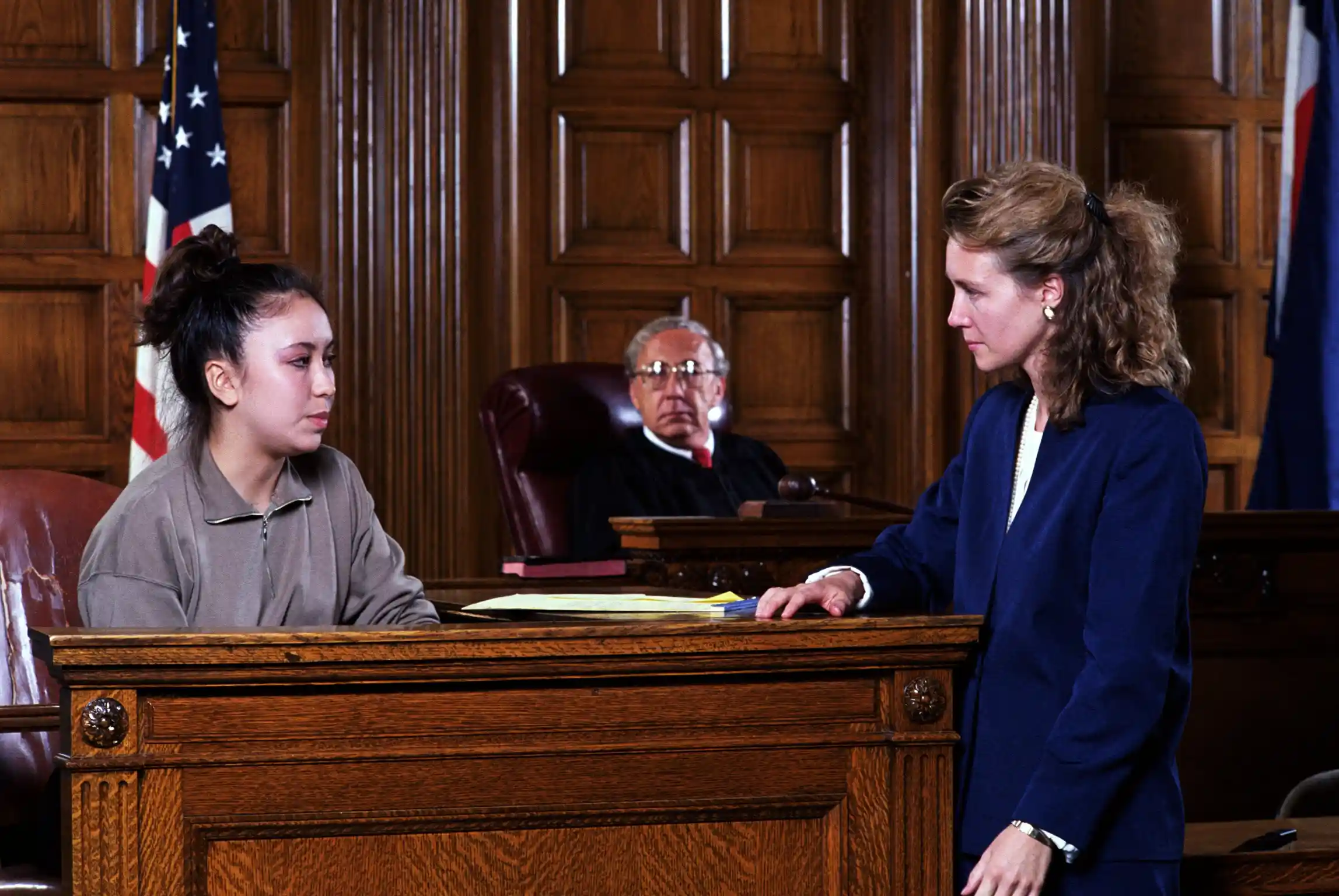
Credit: www.criminaldefensene.com
Conclusion
Navigating the intersections of law and ethics can be complex. Lawyers must balance zealous representation with honesty. They cannot lie in court without facing serious repercussions. Trust in the legal system hinges on this integrity. For anyone engaging with legal matters, understanding this fine line is key.
Amelia Justiceberg, a distinguished legal luminary, thrives on the intersection of empathy and legal acumen. As a prominent family law attorney, she orchestrates compassionate resolutions amidst complex dynamics. Justiceberg's courtroom finesse and dedication to fairness define her practice. Beyond litigation, she ardently advocates for social justice, solidifying her reputation as an influential force in the legal landscape.


